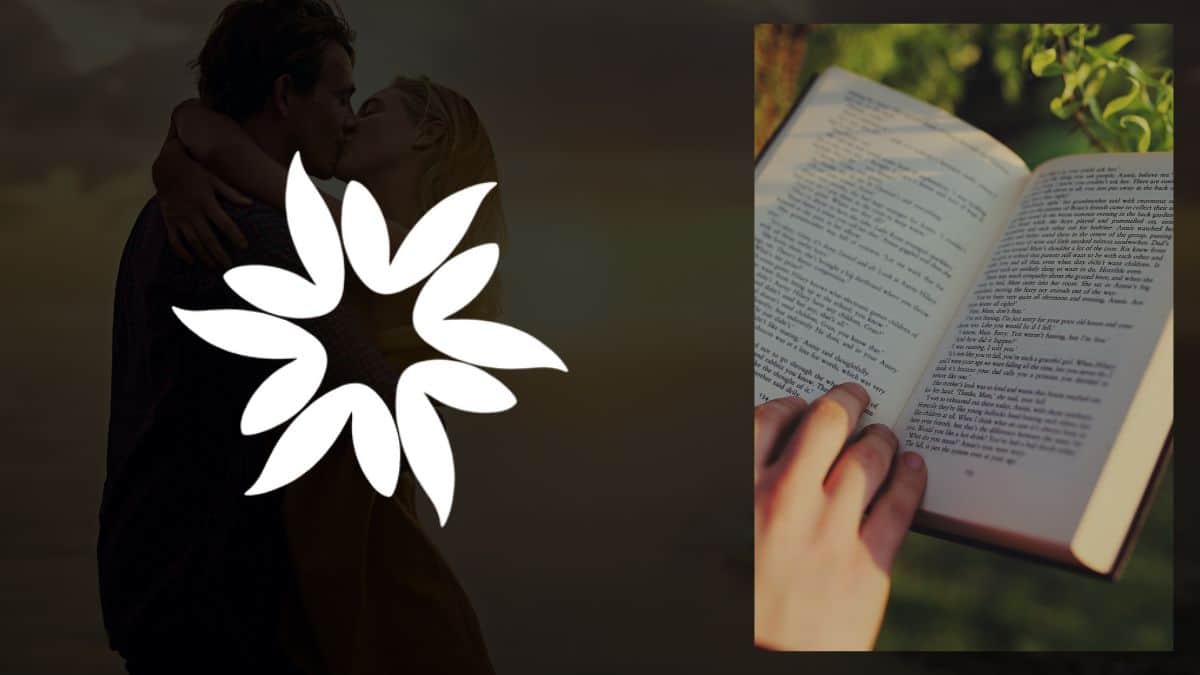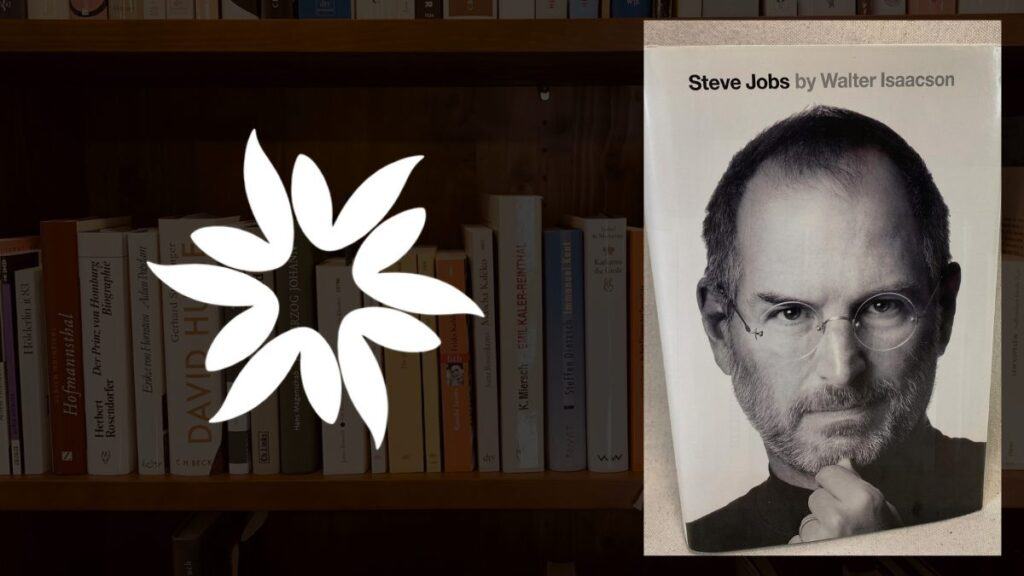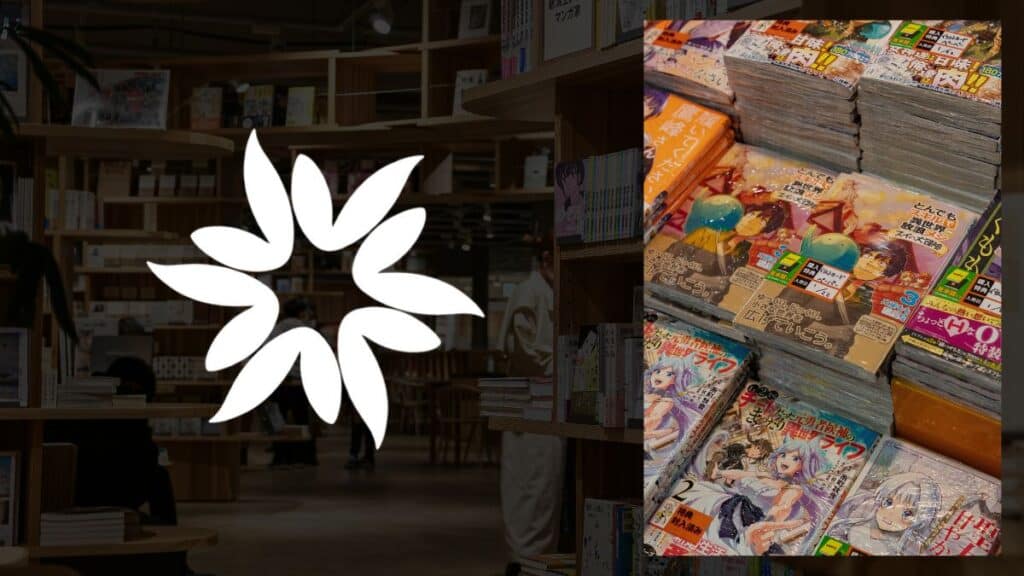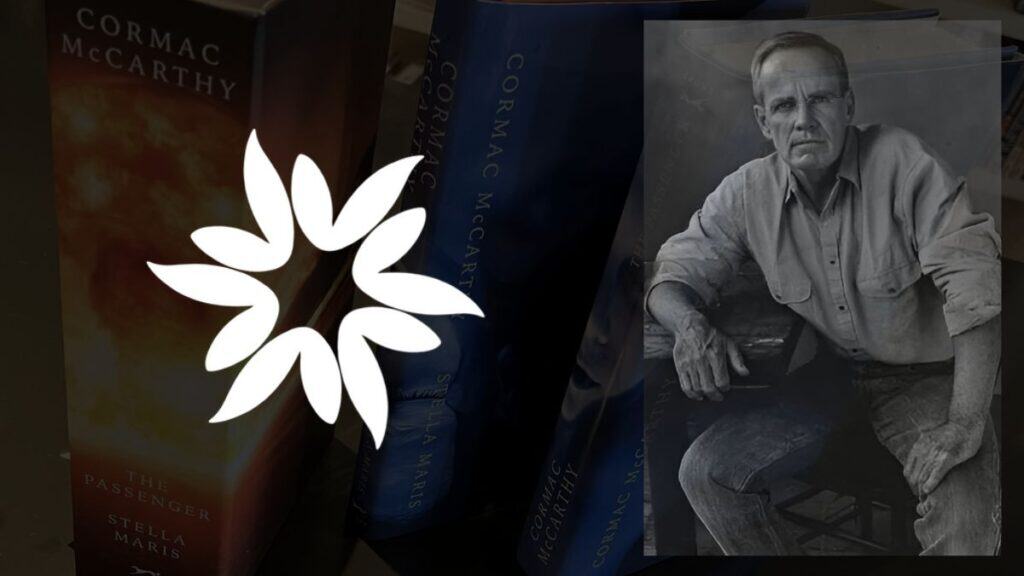Romance novels started as stories about chivalry and true love in the 18th century and have evolved into diverse narratives that explore various aspects of modern society and relationships.
Check out our deep dive to see how this popular genre has evolved:
Key Takeaways
- Romance novels began with complex themes of chivalry and courtship, setting the foundation for future romantic literature.
- The rise of publishers like Harlequin marked a new era for romance novels, making them accessible and popular worldwide.
- Today’s romance novels feature diverse characters and tackle various social issues, reflecting contemporary societal norms.
Origins and Early Years of Romance Novels
As a distinct genre, romance novels trace their roots back to the 18th century.
Early romance literature often revolved around themes of chivalry and courtship, set in the backdrop of high society or amidst gothic elements with eerie settings.
Samuel Richardson’s Pamela, or Virtue Rewarded from 1740 is considered one of the first true romance novels, focusing on the emotional and moral development of its characters through romantic encounters.
The Rise of Mass Market Romance
By the 20th century, the romance novel became more familiar to modern readers, marked by the emergence of publishers like Harlequin in the 1940s.
These books were typically quick, easy reads with formulaic plots but gained immense popularity, especially among women.
This era also introduced more explicit content, shifting societal norms around women’s sexuality.
Golden Age and Diversification
The 1980s are often called the “Golden Age” of romance novels, characterized by the dramatic, steamy narratives that earned the moniker “bodice-rippers.”
However, the genre was not static; it began to diversify significantly by introducing various subgenres such as historical romance, paranormal romance, and romantic suspense.
This period also started addressing more complex themes, such as gender roles and personal empowerment.
Modern Development of the Romance Genre
The turn of the 21st century brought new changes and challenges for the romance genre.
Thanks to technology, the digital revolution made books more accessible and allowed for the rise of e-books and self-publishing, further diversifying the voices in the genre.
Modern romance novels are not just about traditional heterosexual love stories but also include LGBTQ+ relationships, explore complex social issues, and feature characters from diverse racial and ethnic backgrounds.
The Current Landscape and Future Trends
Today, romance novels continue to evolve, breaking new ground and expanding in popularity.
They tackle a broad range of topics from mental health to social justice, reflecting readers’ complex world.
The future of romance will likely be even more inclusive and representative of its audience as new authors bring fresh perspectives to the genre.
Romance novels have indeed come a long way from their early gothic and chivalric origins to become a dynamic and integral part of modern literature, continuously adapting to their readers’ changing tastes and societal norms.
















